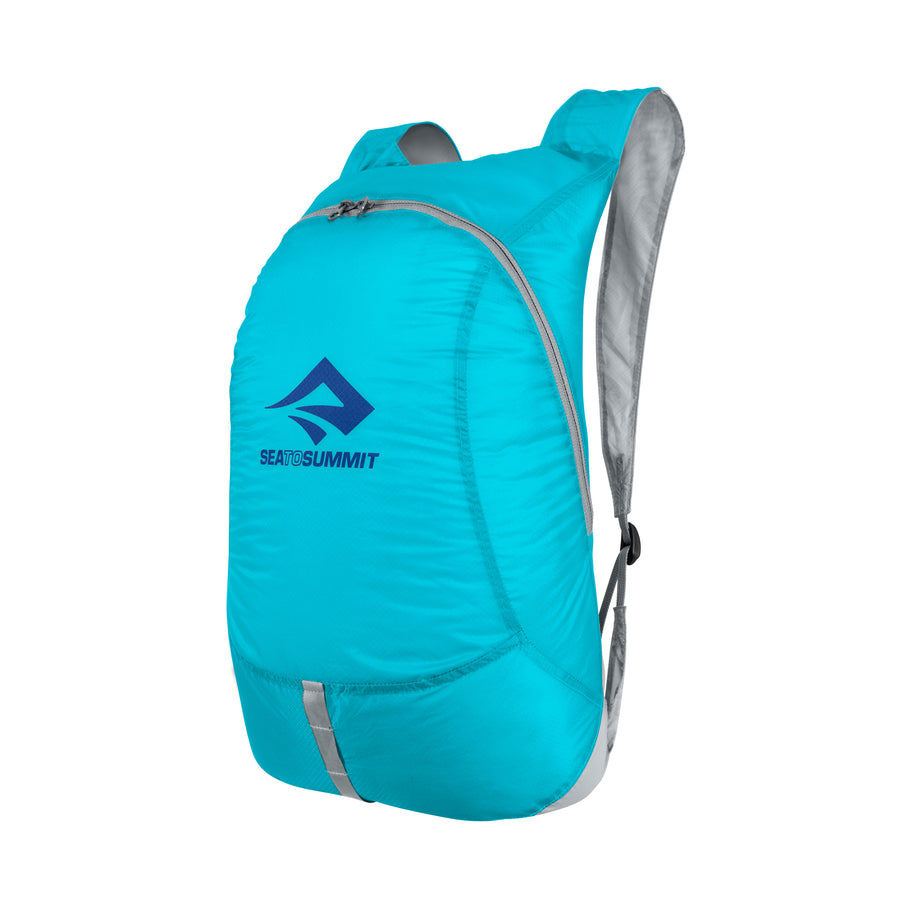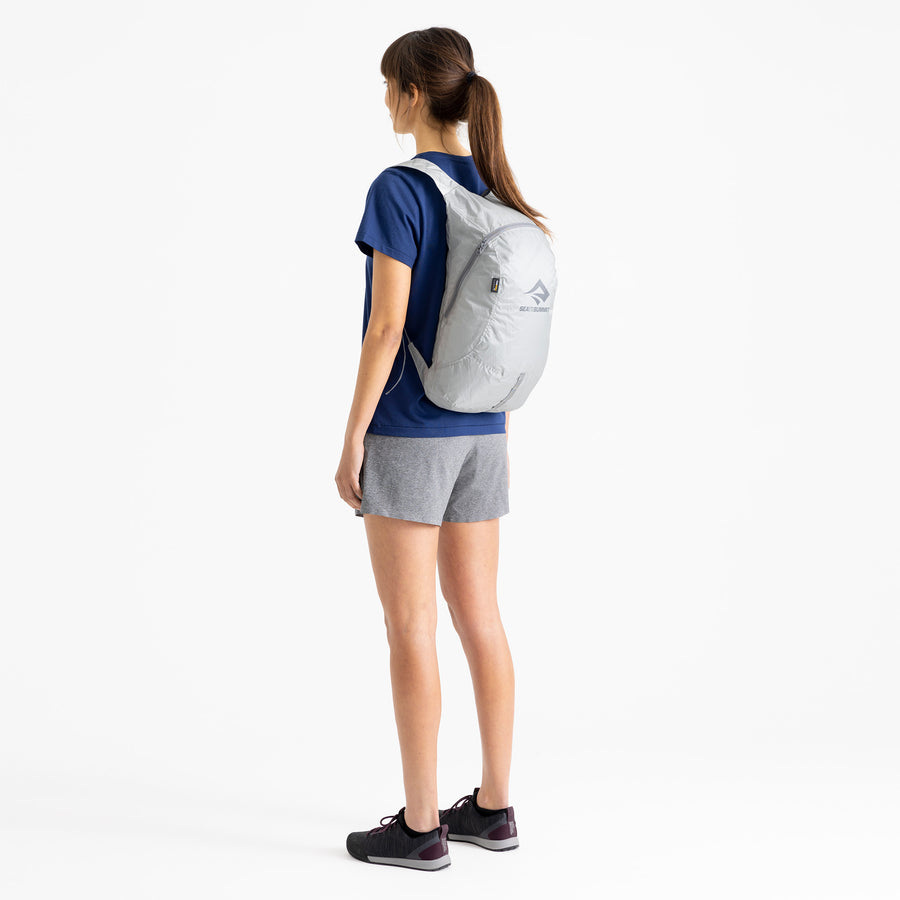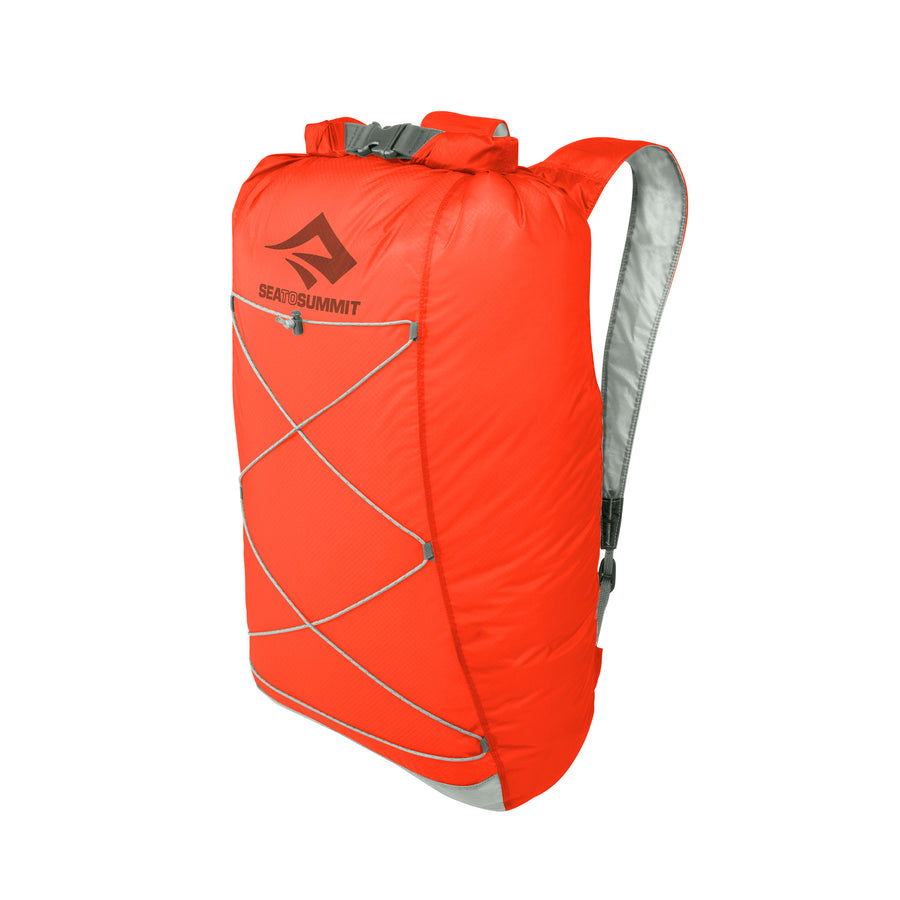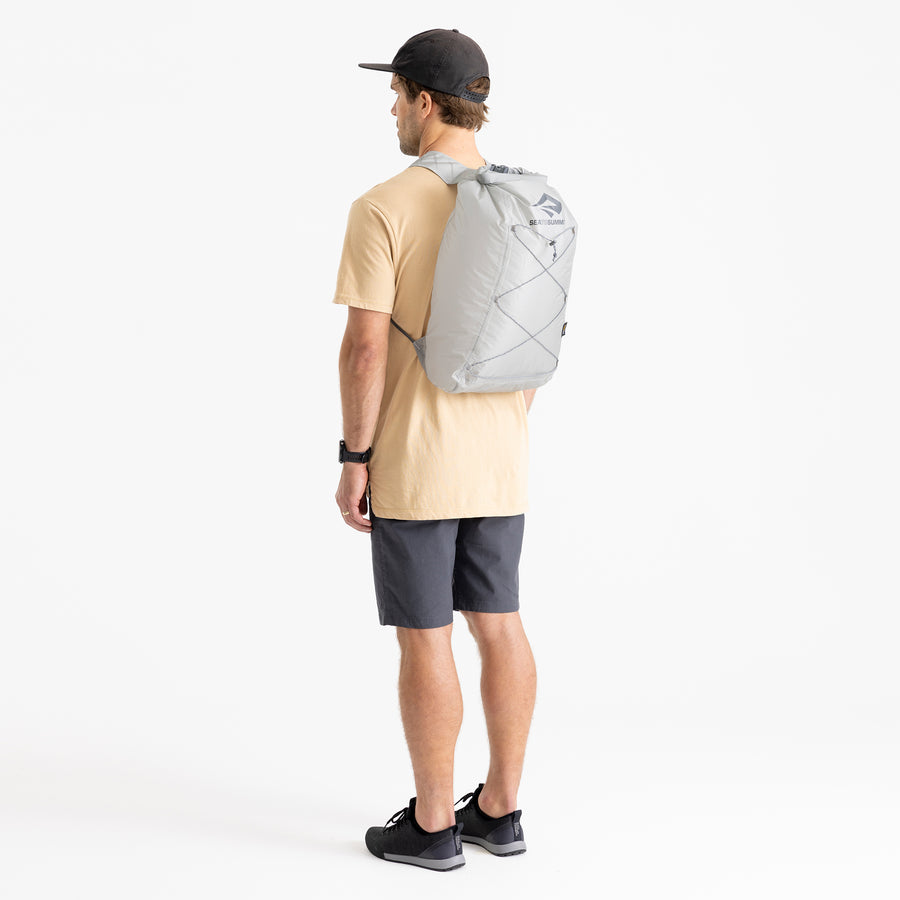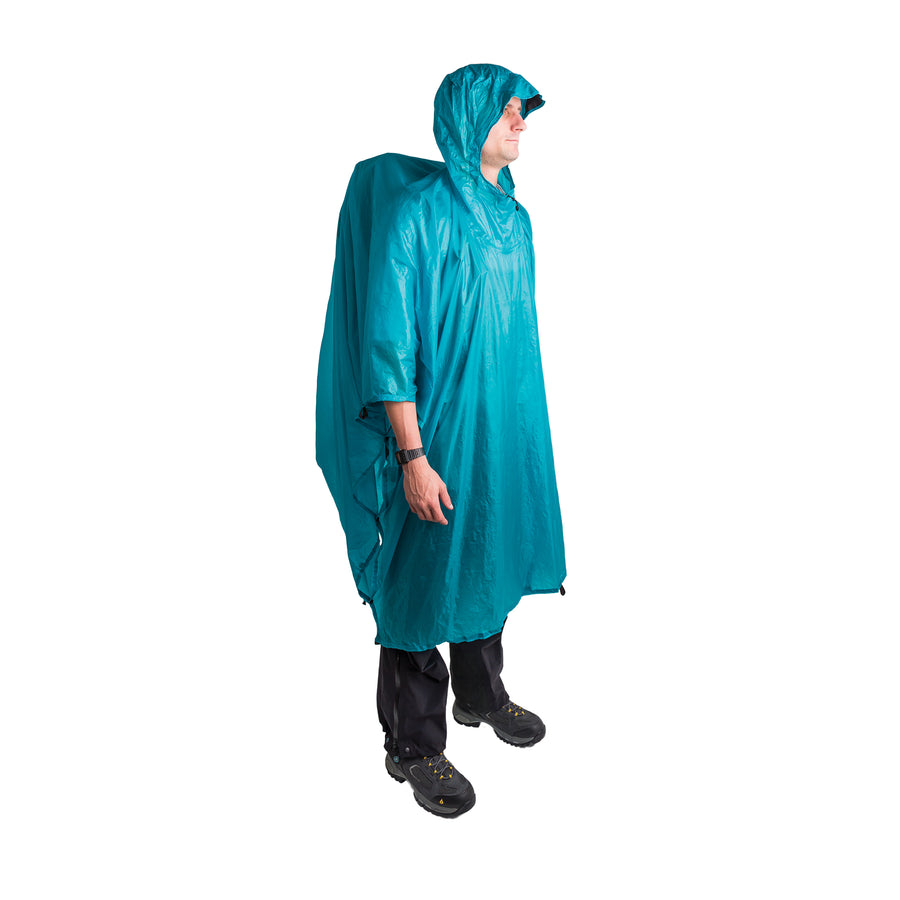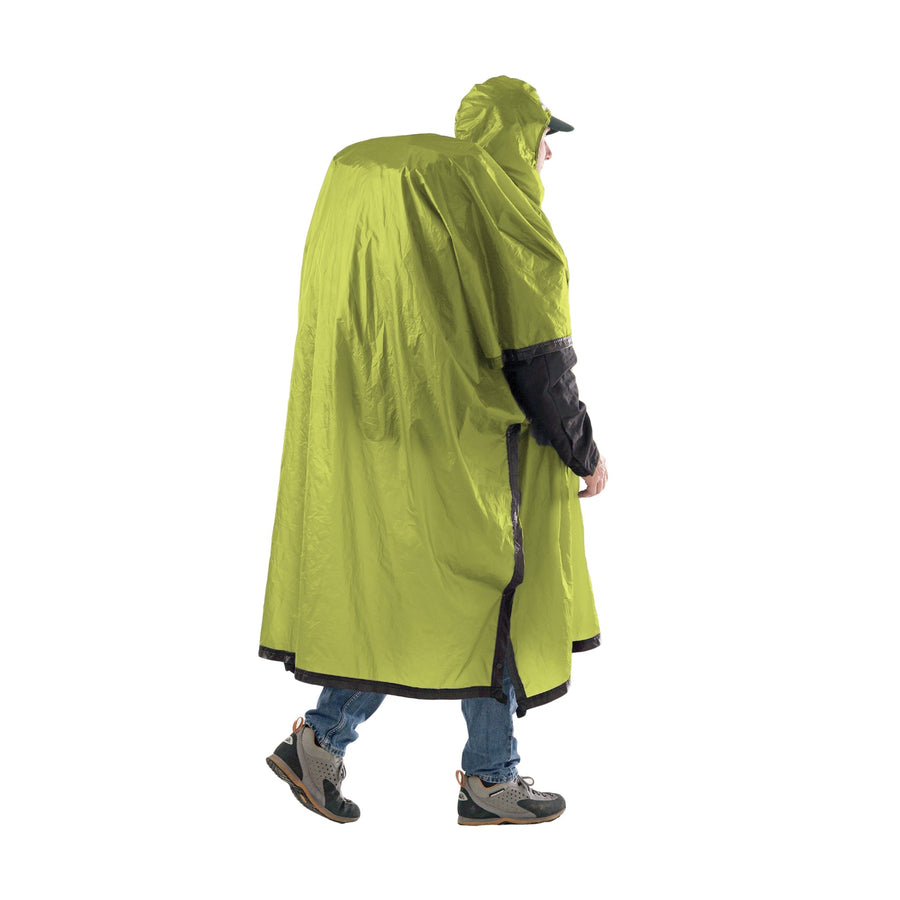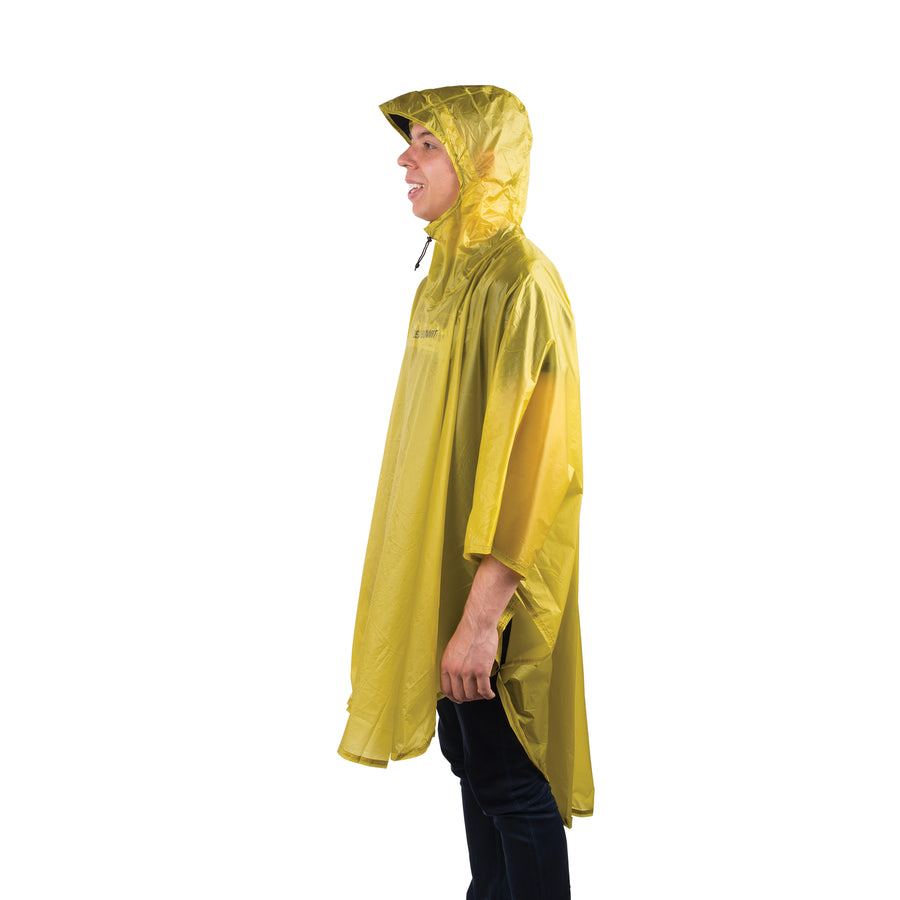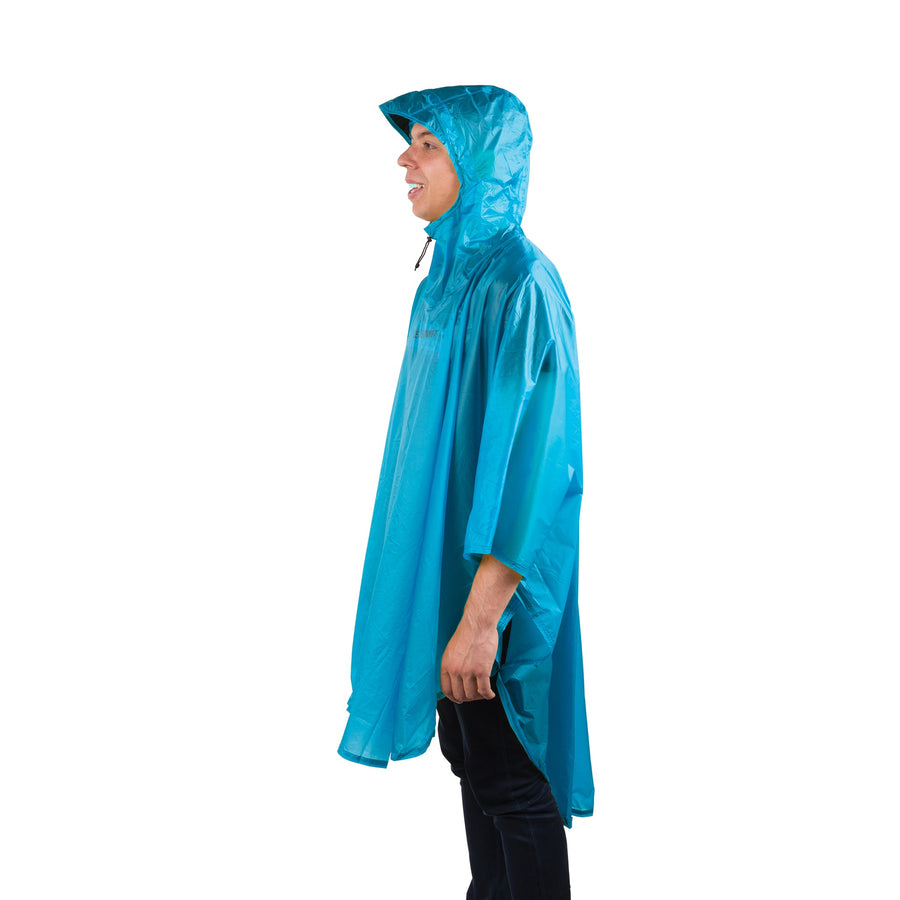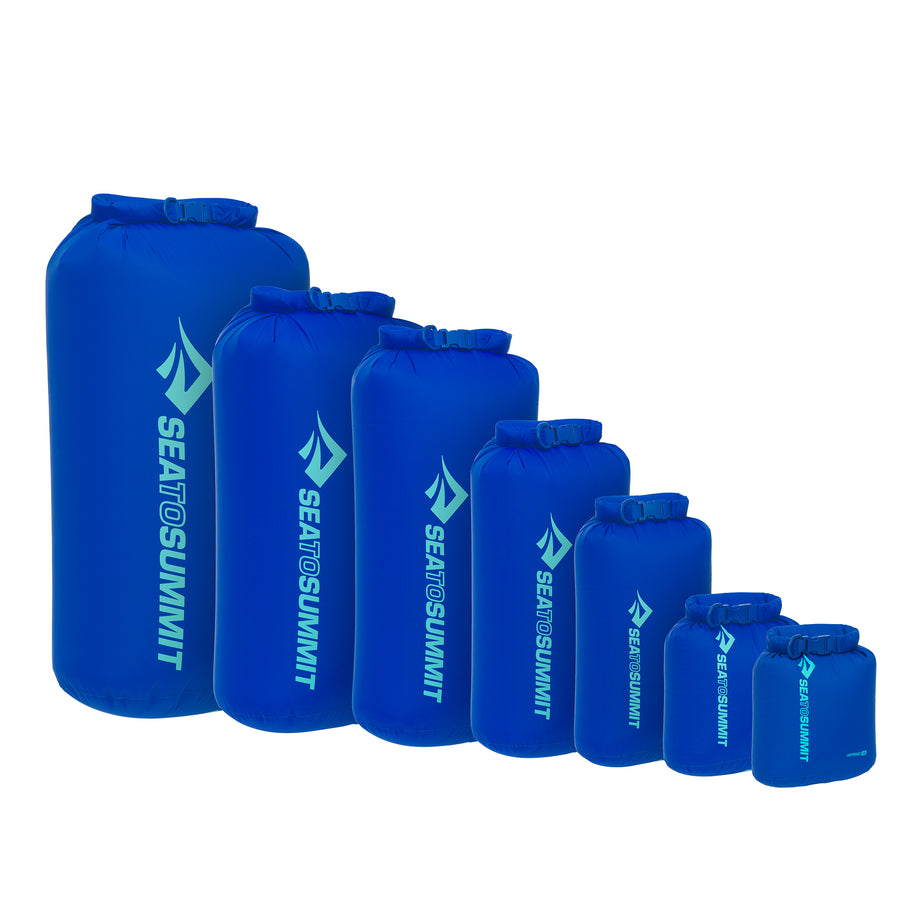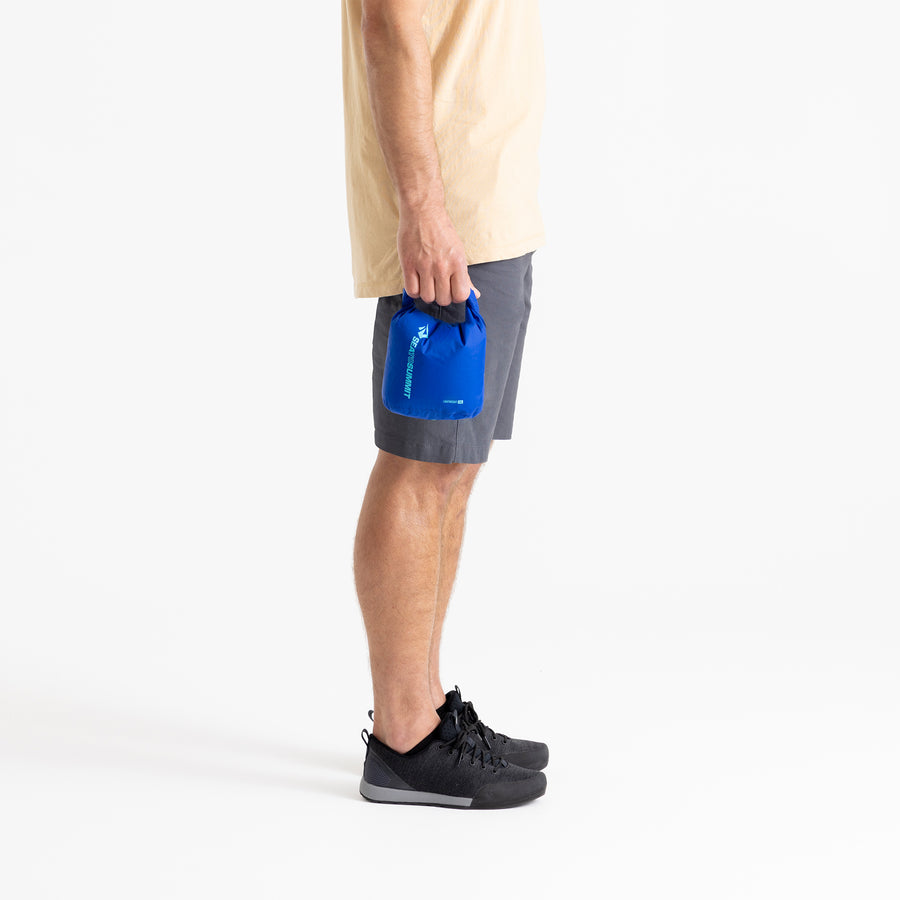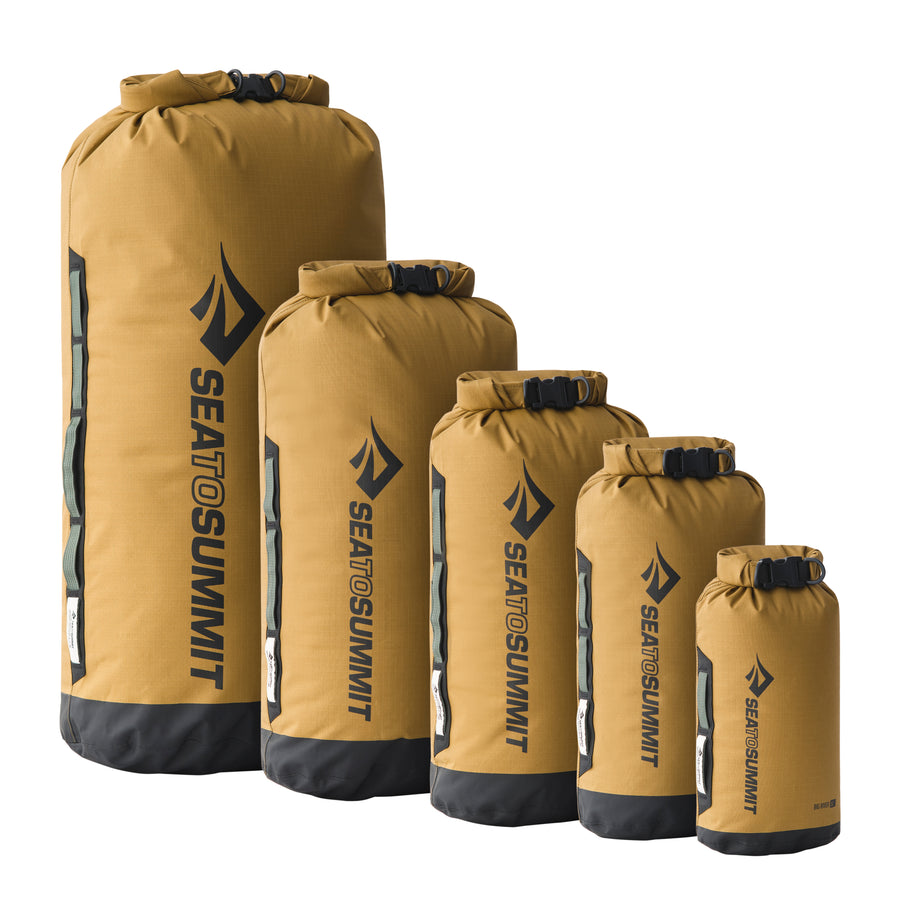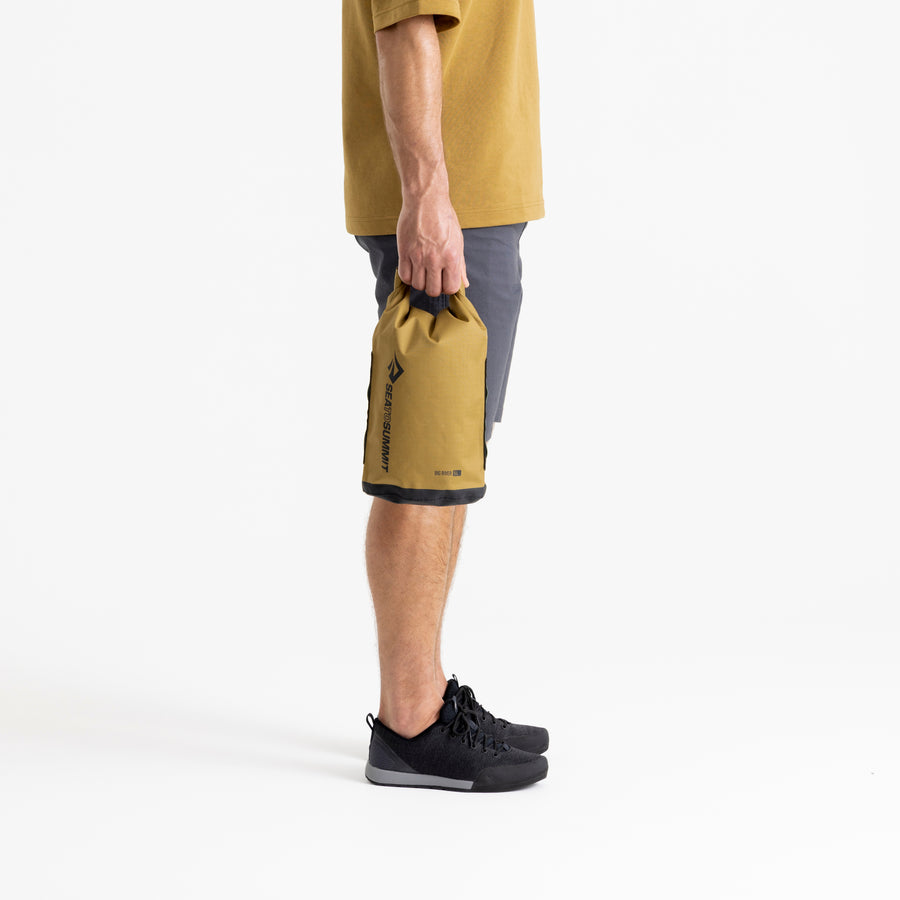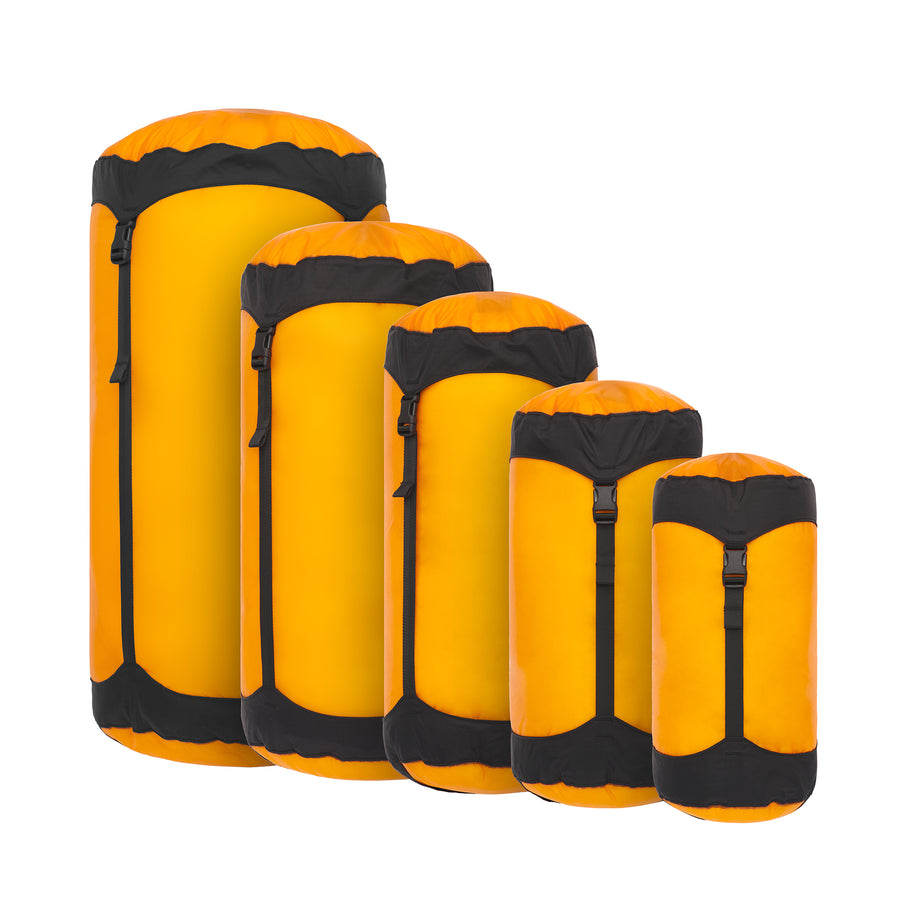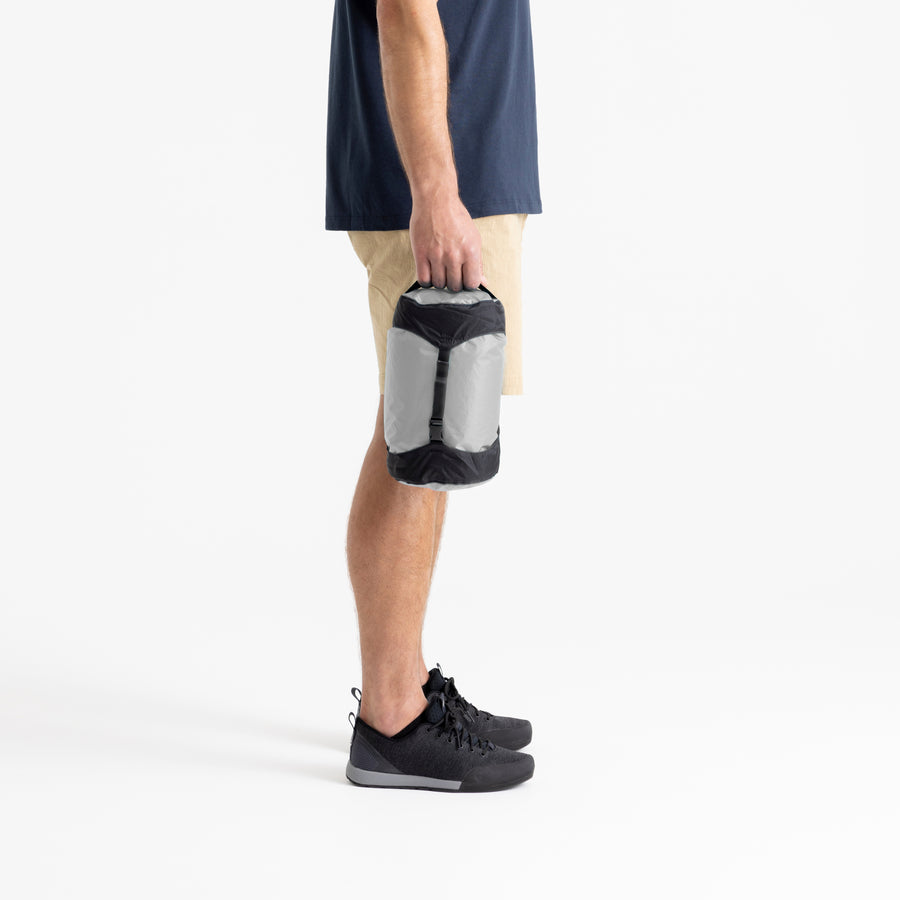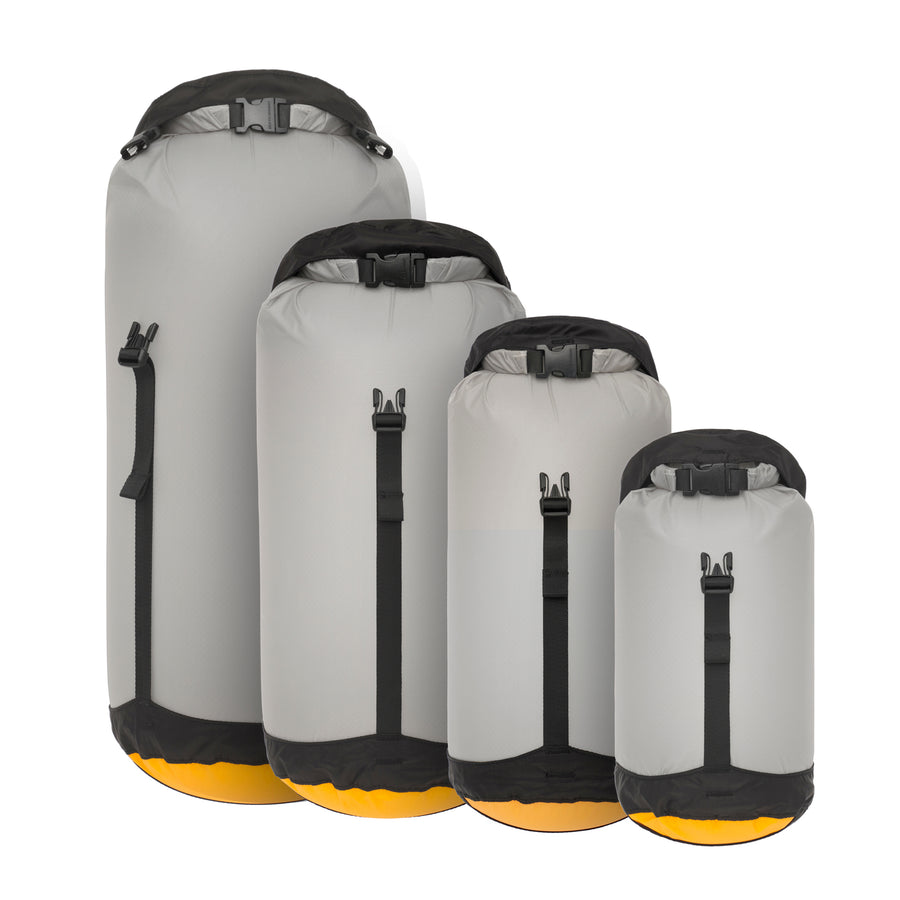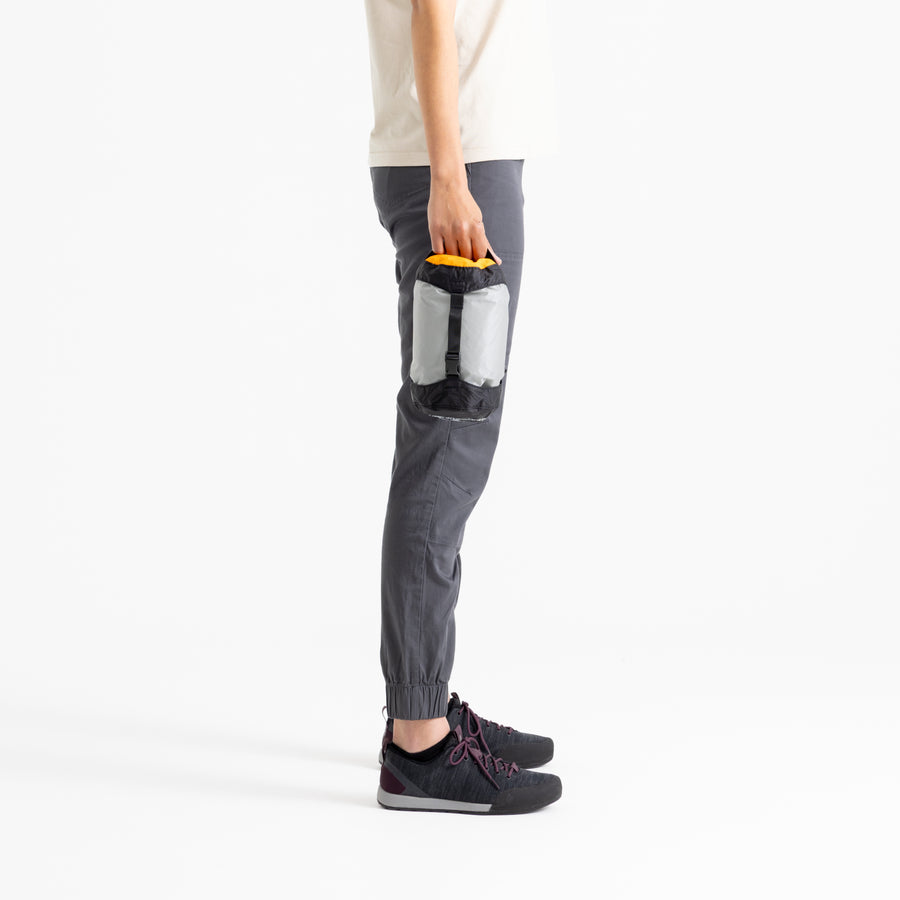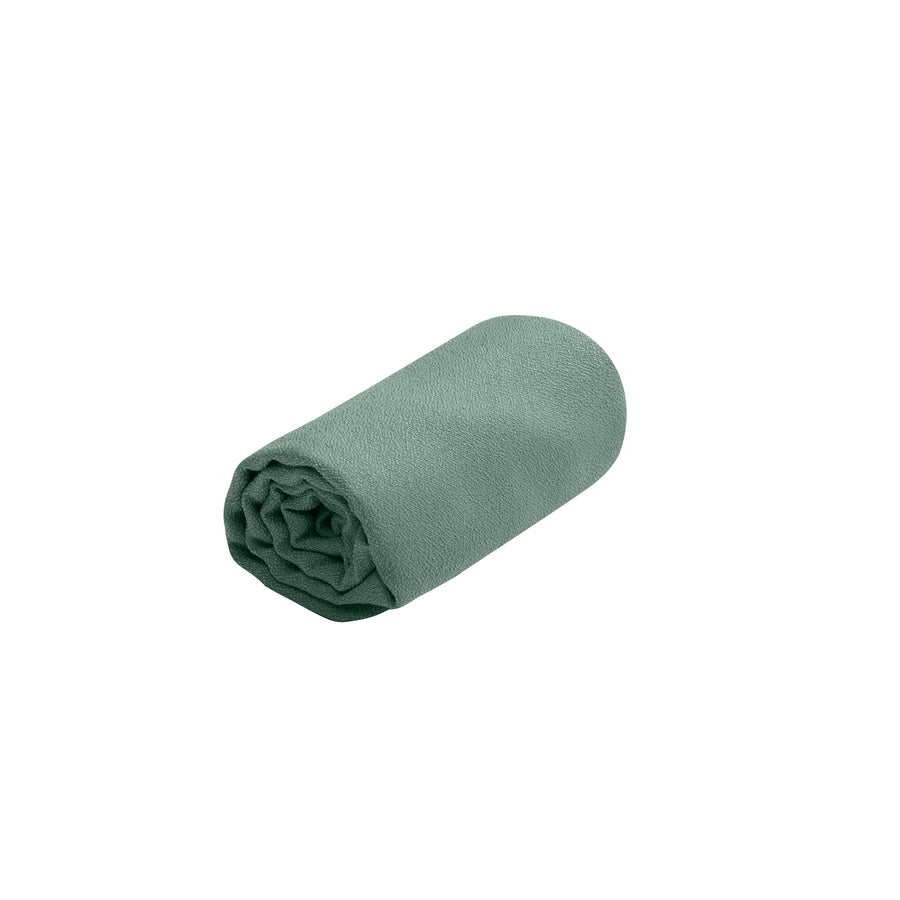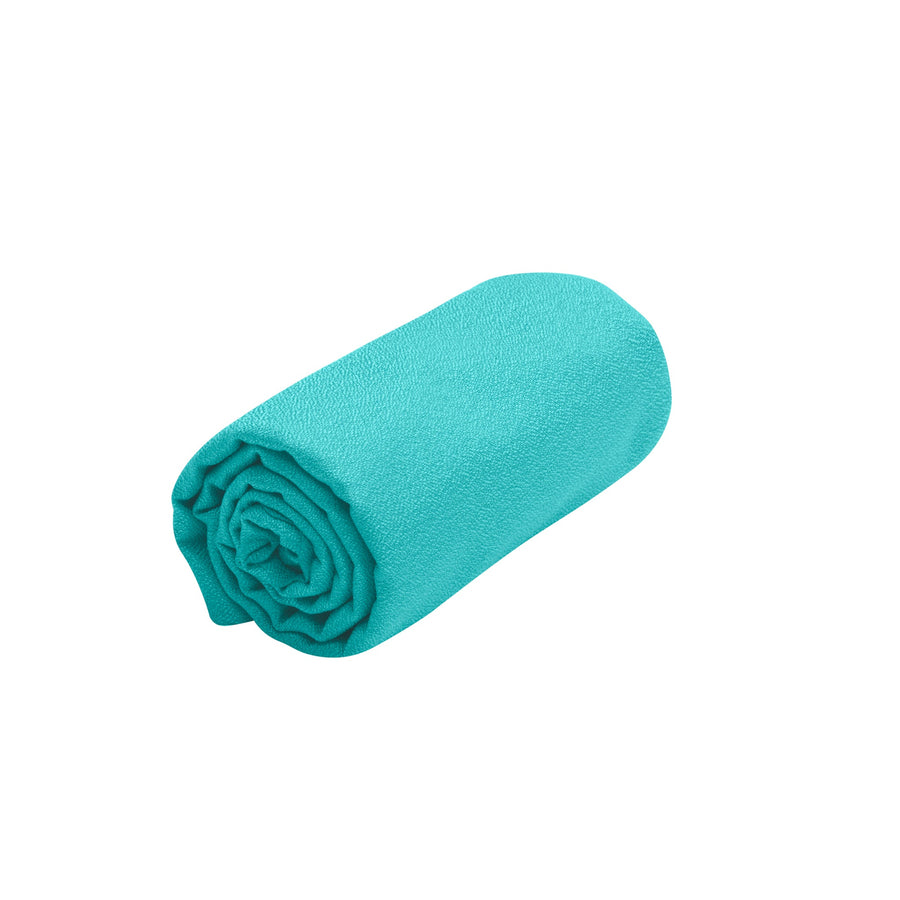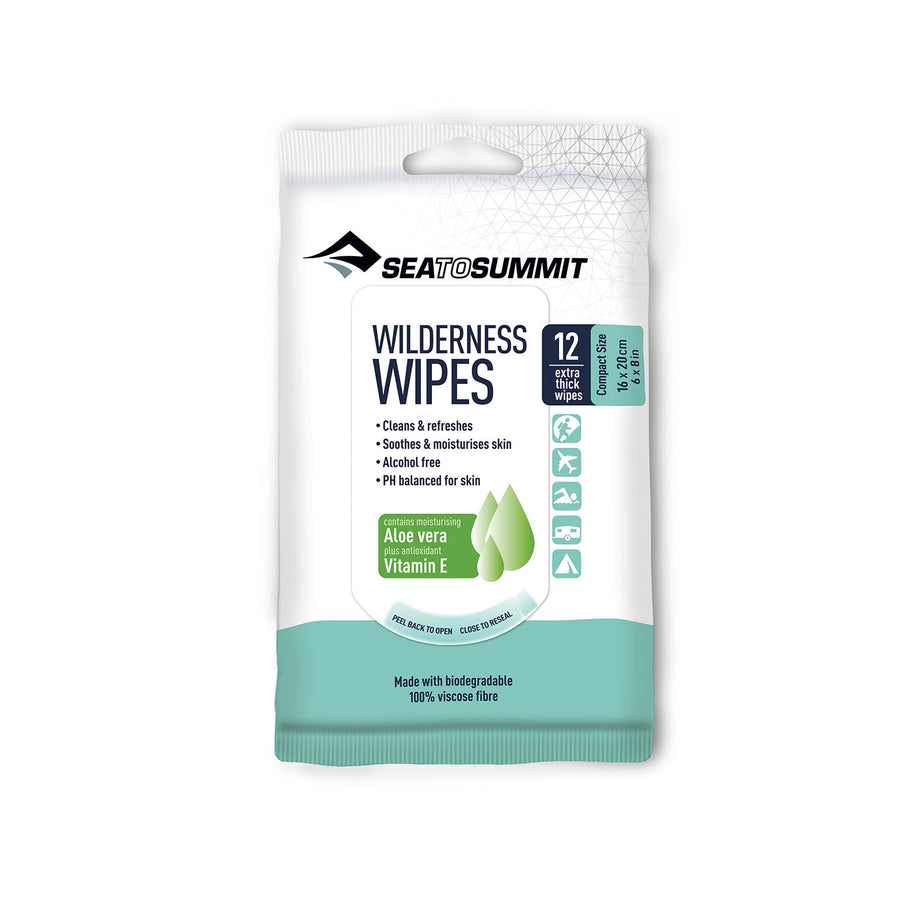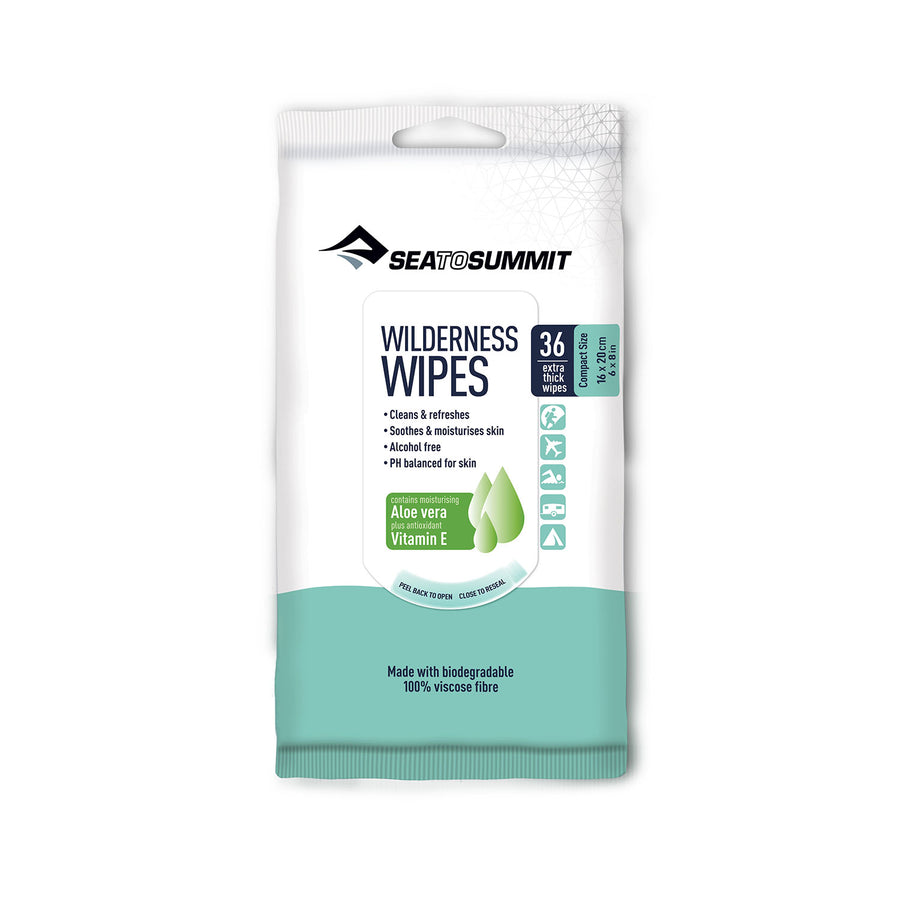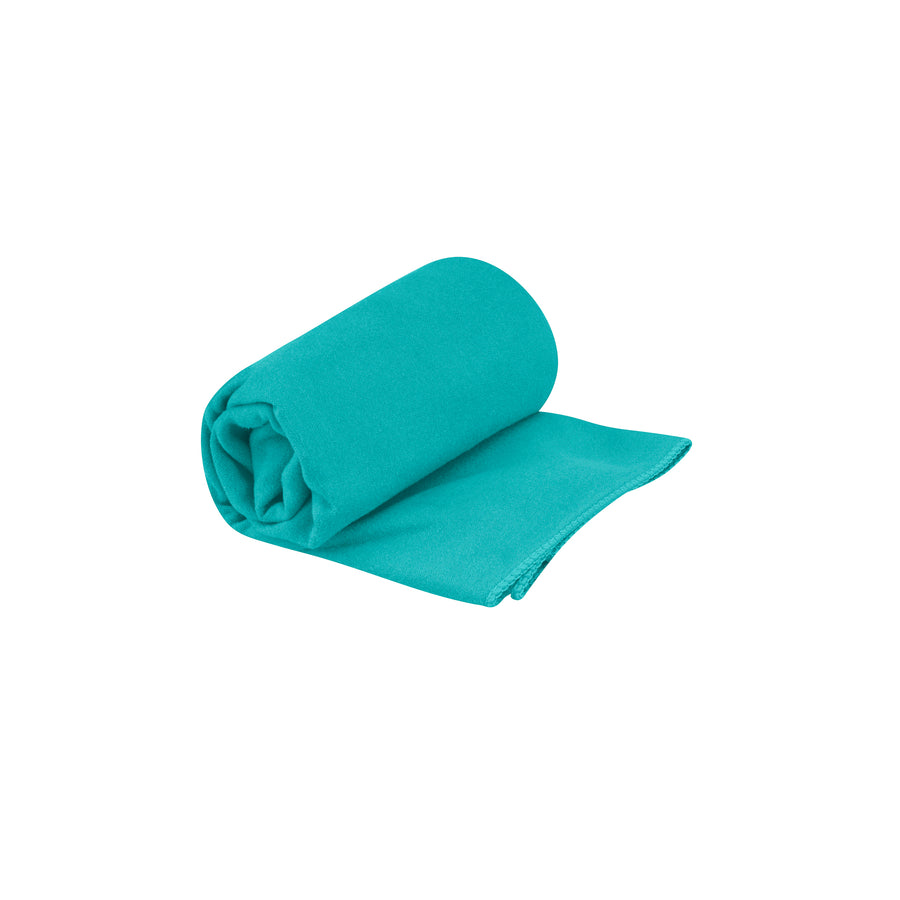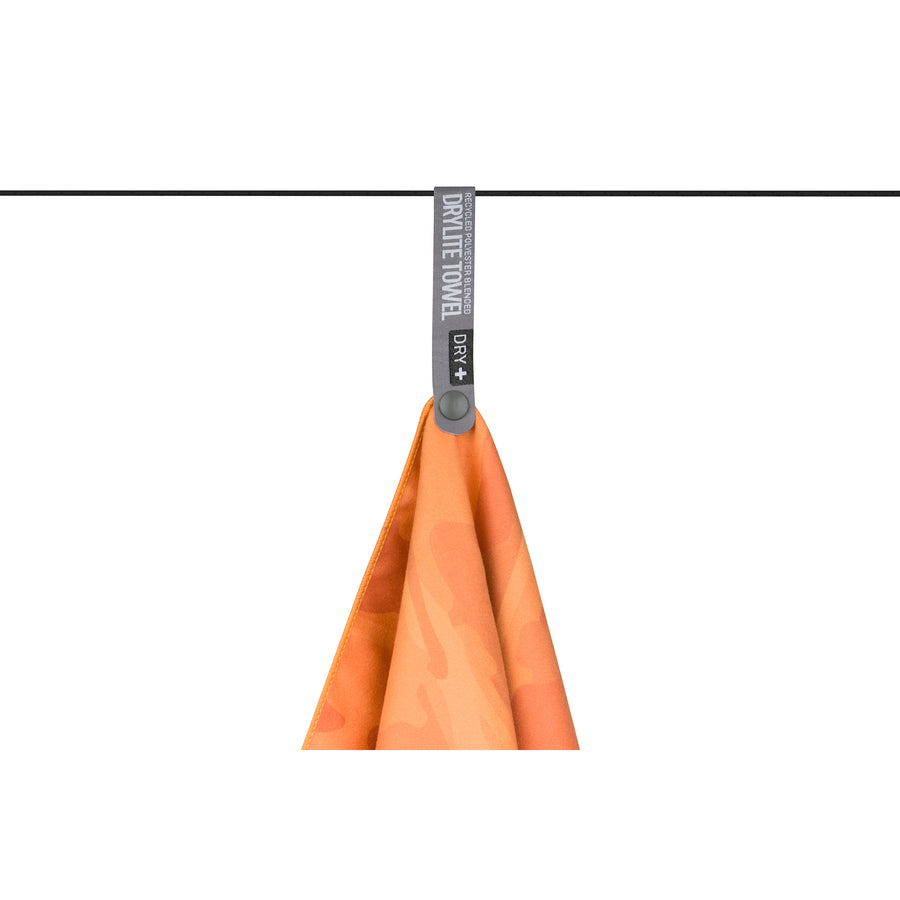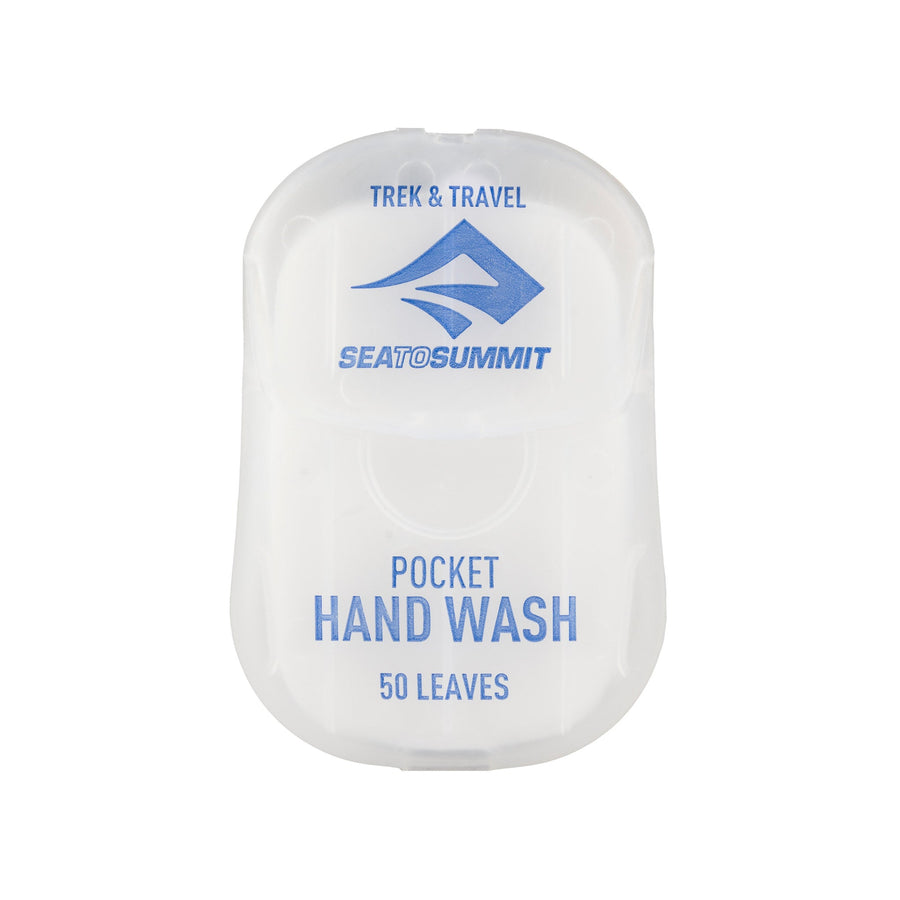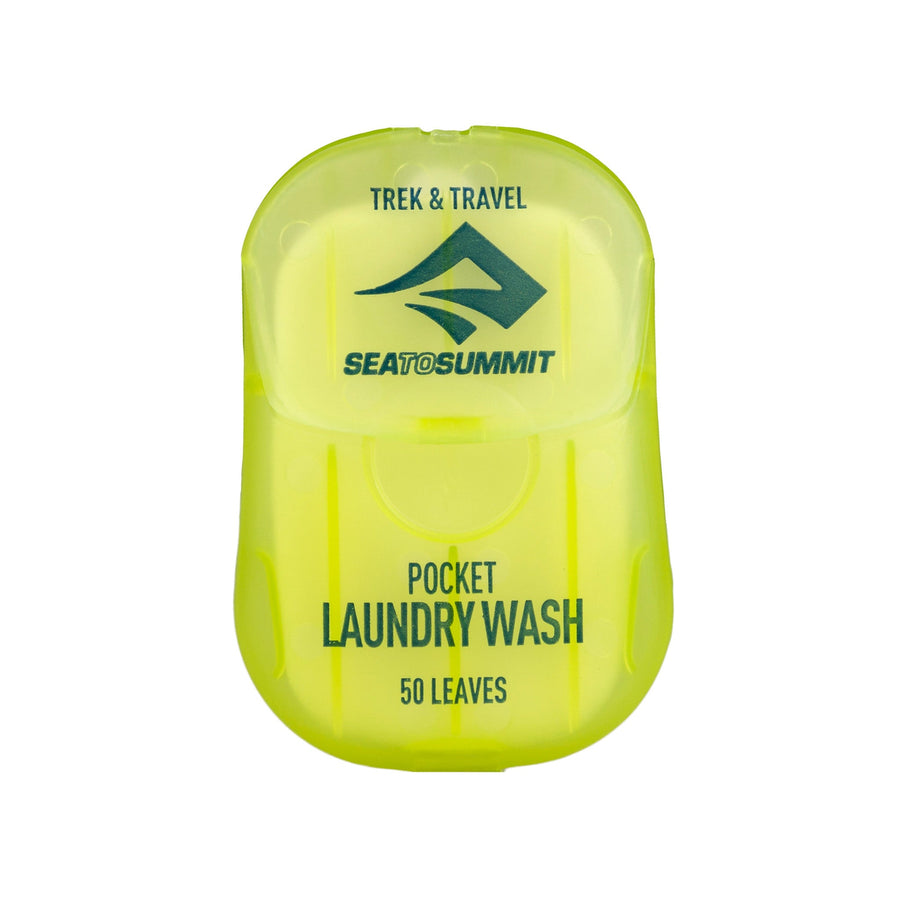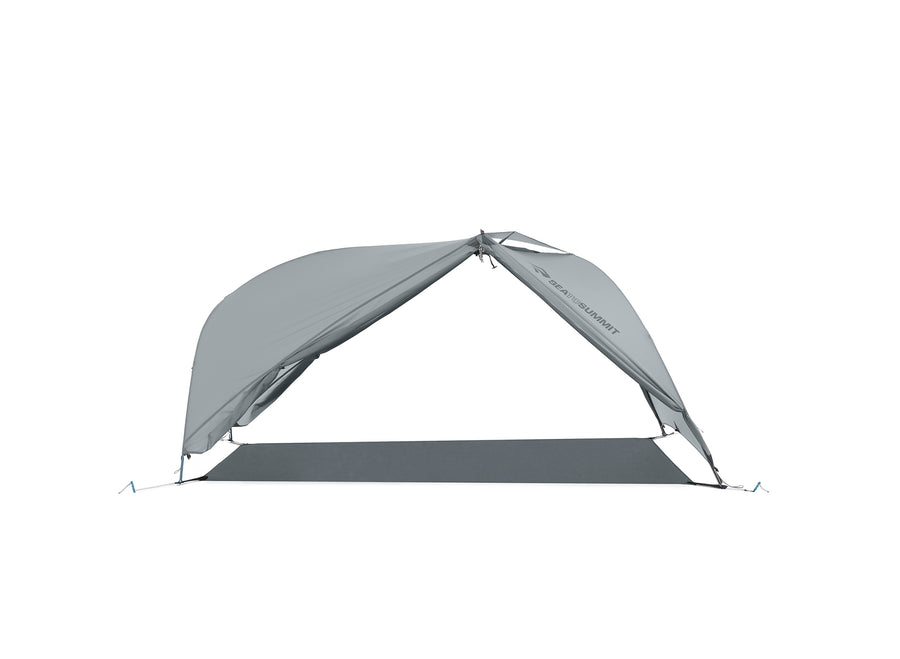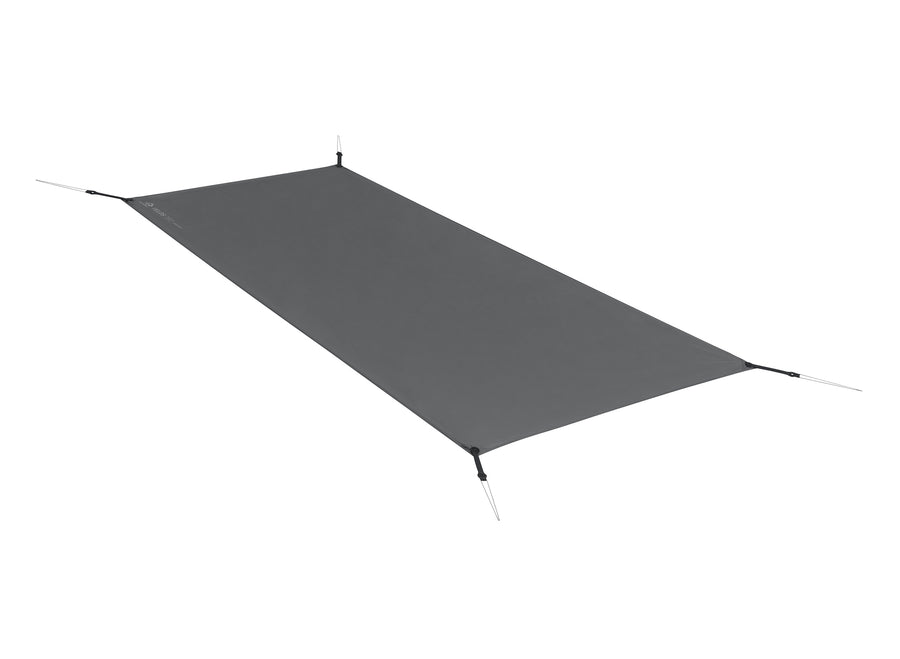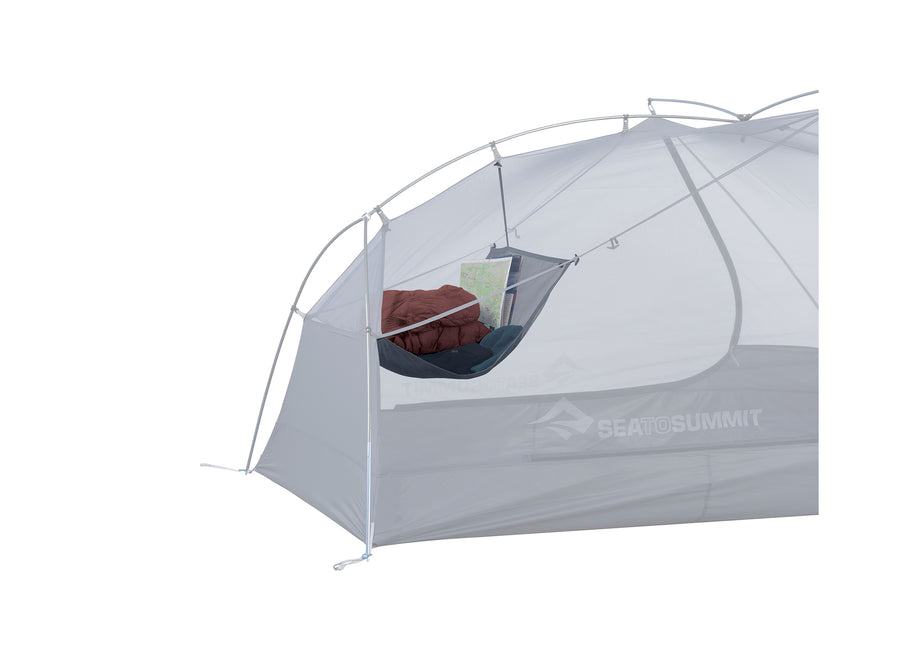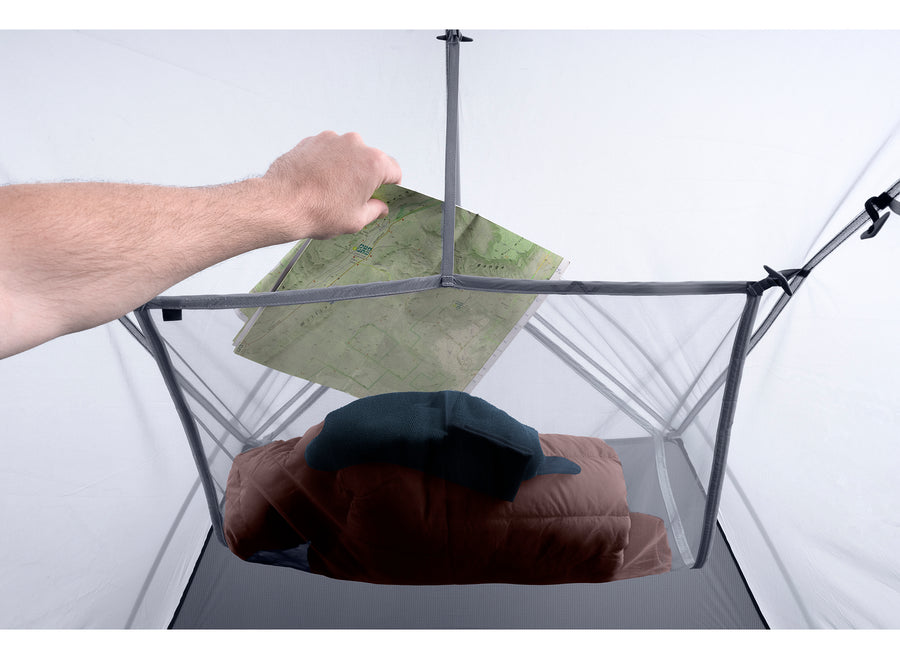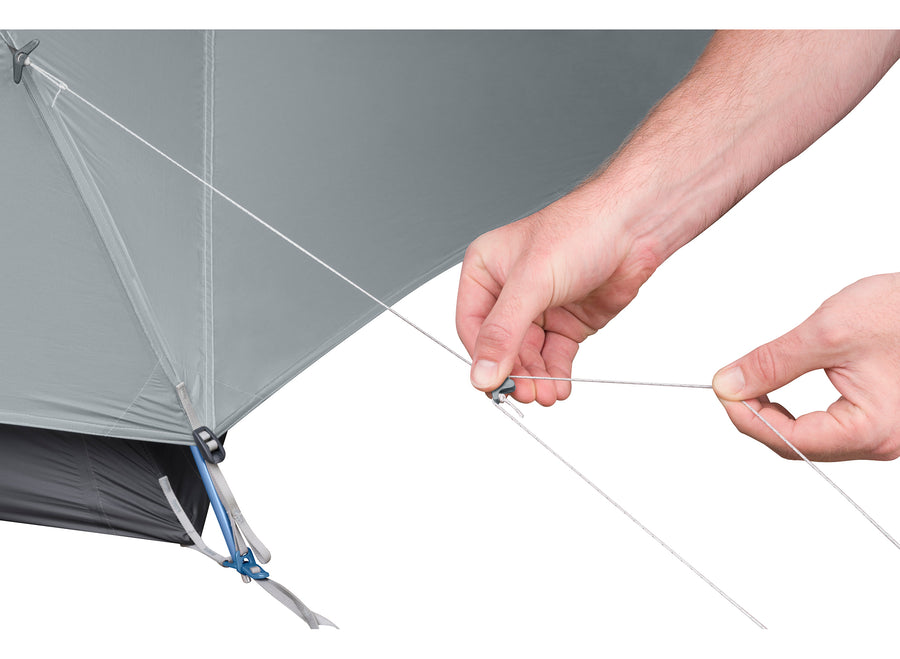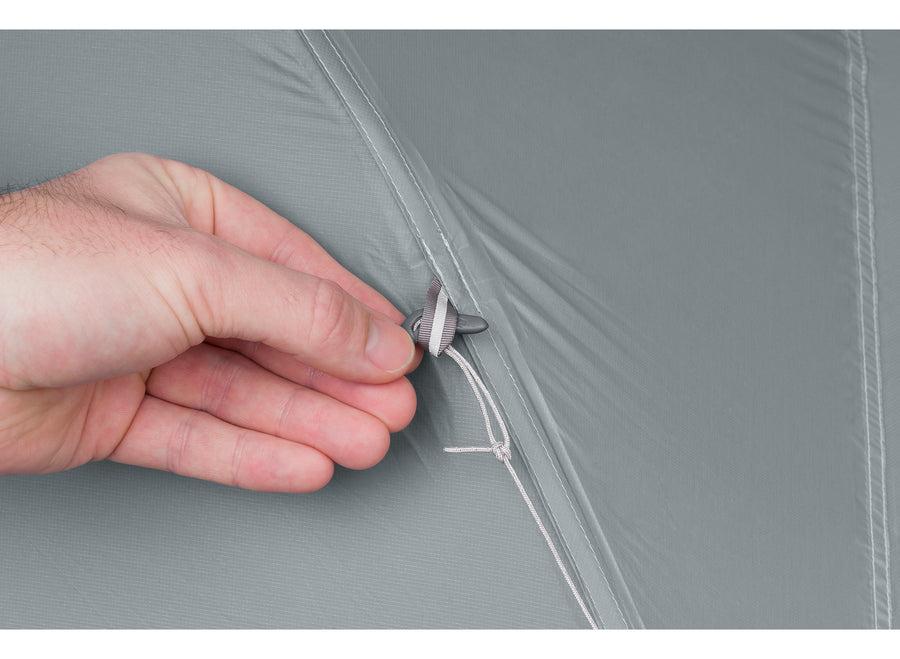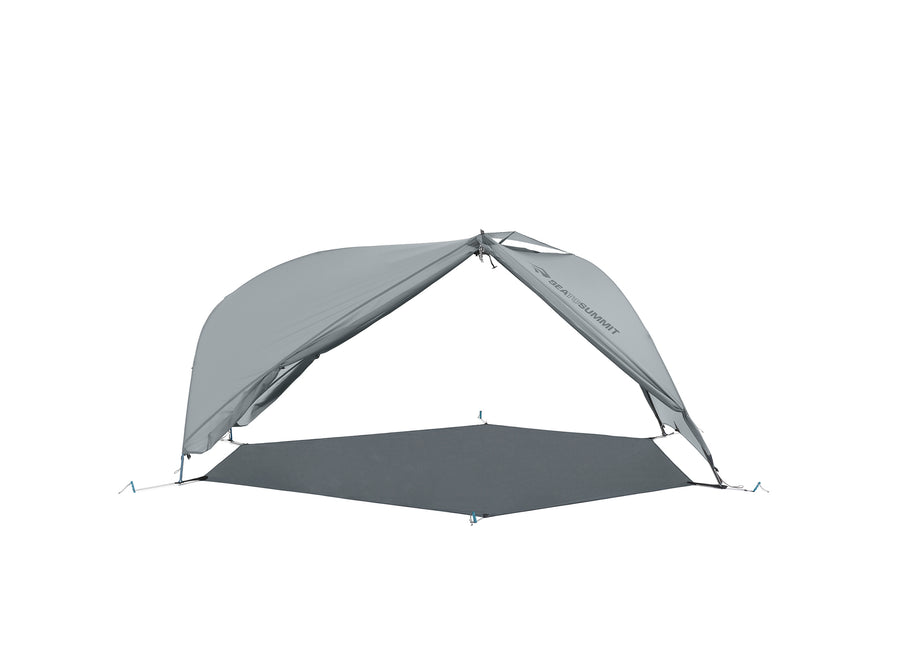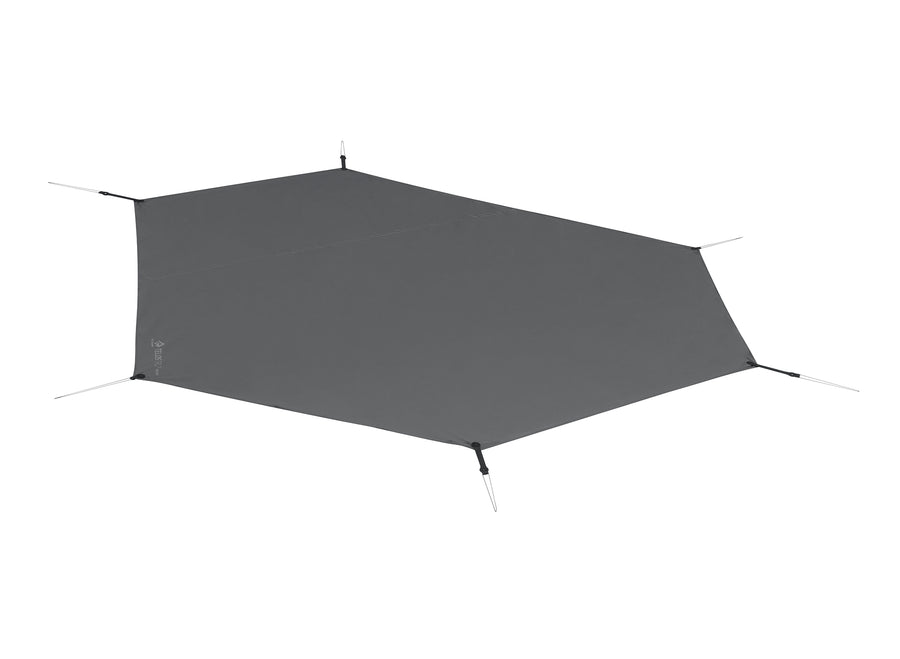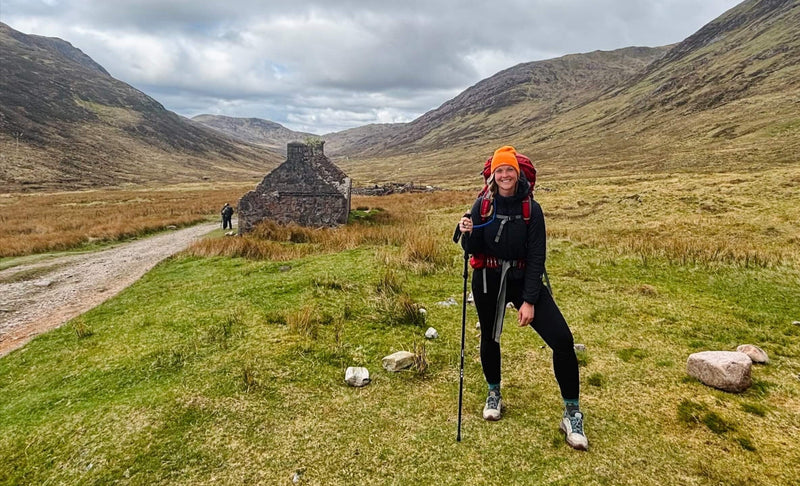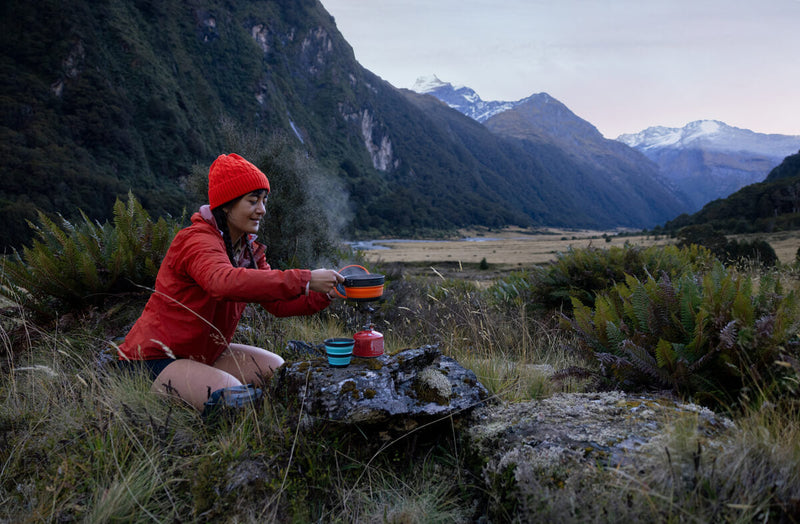Are sleeping bags actually temperature tested?
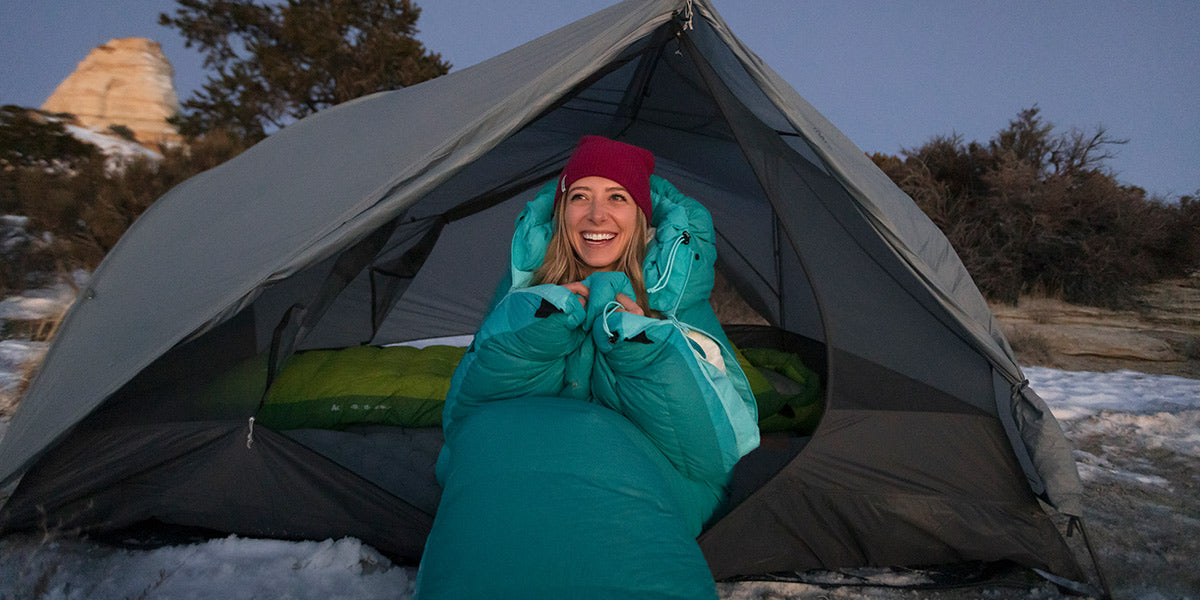
Yes, Sea to Summit truly does test its sleeping bags to provide a temperature rating…
EN 13537 is the European Union protocol for testing sleeping bags to provide a performance rating. It has become the de facto standard in North America (even though there is no legal requirement that a sleeping bag be tested before a rating is claimed in this market).
Testing is only conducted in certified laboratories. The protocol requires a heated test mannequin be dressed in standardized base layers, inserted into a sleeping bag which is placed on an insulated sleeping pad in a cold chamber. Measurements are taken at multiple points on the surface of the mannequin to see how much energy per a given area is necessary to maintain standard skin temperature. This is compared to standard reference sleeping bags. The following three ratings are calculated:
COMFORT RATING (red numbers on the ratings scale)
The temperature at which a standard woman would sleep for eight hours. Male sleepers who are more sensitive to cold should use this rating.
LOWER RATING (yellow numbers on the ratings scale)
The temperature at which a standard man would sleep for eight hours.
EXTREME RATING (blue numbers on the ratings scale)
This is a ‘survival’ rating which would not rule out frostbite. It is best to disregard this rating.

EN 13537 RATING SCALE
What the test shows…
The test is thorough, scientific, and replicable. It is conducted in third-party laboratories, and thus provides an ‘even playing field’ between brands (and an objective comparison between different models from the same brand).
What the test cannot show…
The mannequin does not move, and therefore it does not compress areas of insulation with its knees or hips causing cold spots. Its lack of movement means that it does not draw cold air into the bag at the shoulders, or push the draft tube away from a zipper. Thus, whether or not a sleeping bag has a draft collar, or a well-designed hood, or a well-constructed draft tube will not figure significantly in the test- but will be apparent in the real world.
What else should I know?
Under the protocol, a sleeping bag manufacturer can test one model, and extrapolate results for different models in the series. Sea to Summit does not do this; each model is individually tested, and the results are not ’rounded down’ to round numbers.
Most importantly, the test is conducted in the laboratory with a sleeping pad with a minimum R-Value of at least 4. If the consumer uses a sleeping pad with a lower R-Value, the sleeping bag may not attain its ‘EN Rating’.
Constructing a Sleep System:
Using a thermal or wicking liner, the right sleeping bag and an appropriate sleeping mat for anticipated ground temperatures is the only way to get the best performance from a sleeping bag and guarantee a good night’s sleep.
As always, if you have any questions on sleeping bag temperature ratings or sleep systems – just Ask Baz.
